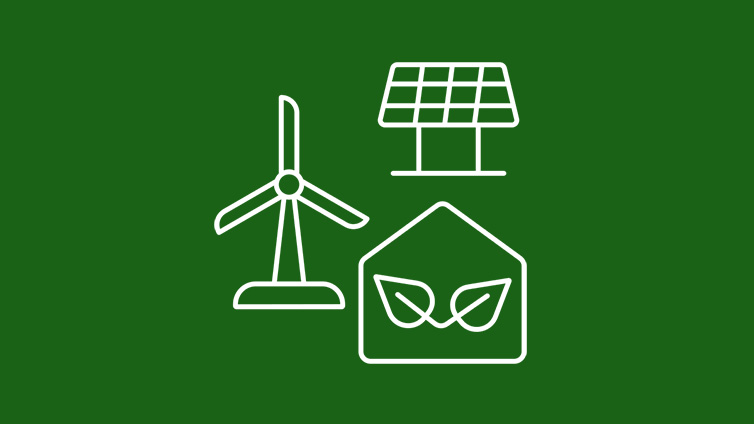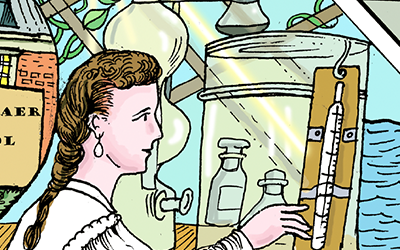Climate
Driving Question: How might climate change increase complexity?
Earth’s climate has played a role in how life on Earth has evolved for billions of years. But in the past 250 years, humans have played an outsized role in altering Earth’s climate. What does the future of humanity and the planet look like? The answer has a lot to do with you.
Learning Objectives:
- Evaluate how climate change currently impacts humans and our planet.
- Explain how climate change might impact our future.
Vocab Terms:
- climate change
- emissions
- fossil fuel
- global warming
- greenhouse gases
- Holocene
Opener: Climate
To teach this lesson step, refer to page 2 of the Lesson 7.2 Teaching Guide.
Check out our Causation One-Pager for a quick review of this important historical thinking skill.
We often call natural disasters “acts of God” because they seem to come out of nowhere. But scientists actually know quite a bit about how they happen. Read this next opener to learn more.
The Future of Climate
Explore the data in these OER Project: Climate resources to help make sense of what the future might hold.
We hear news about the uncertain future of our climate every day it seems—this video and activity help put things into a Big History perspective.
-
Guiding Questions
-
Before you watch
Preview the questions below, and then review the transcript.
While you watch
Look for answers to these questions:
- Why were bacteria important to the development of early life?
- How did a change in the climate help societies become more complex?
- How has climate shaped human societies?
- What is different about climate change today from historical warming and cooling cycles?
- How are societies innovating to address climate change?
After you watch
Respond to these questions:
- What’s one potential negative impact climate change could have in the future?
- What’s one positive outcome that could come from how we choose to respond to climate change?
Earth’s Changing Atmosphere
To teach this lesson step, refer to page 4 of the Lesson 7.2 Teaching Guide.
Looking to differentiate, modify or adapt this assignment? Check out our Differentiation Guide.
Need ideas for teaching the Anthropocene? Check out the blog “Anthropocene: Avoiding an epoch fail”.
Have you ever wondered how scientists can know with such confidence what the climate was like in the distant past? This video provides some answers!
-
Guiding Questions
-
Before you watch
Preview the questions below, and then review the transcript.
While you watch
Look for answers to these questions:
- What tools do scientists have to understand how the climate has changed throughout history?
- How did farming and the appearance of human civilizations impact climate?
- How did the Industrial Revolution help drive the rise in global temperatures?
- How will warmer temperatures impact the planet?
After you watch
Respond to this question: The Industrial Revolution and the use of fossil fuels has had a tremendous impact on our world. What innovation or innovations do you think could have the same transformative effect in the future?
Climate Science Pioneer
To teach this lesson step, refer to page 5 of the Lesson 7.2 Teaching Guide.
Learn more about Eunice Foote and her impact on our understanding of climate change in this blog post.
Meet the scientific pioneer who was the first to describe the greenhouse effect. Did she get the credit she deserves?
-
Guiding Questions
-
Before you read
Preview the questions below, and then skim the comic, paying attention to things like prominent colors, shapes, and types of text and fonts. How do you know where to start and in which direction to read? What’s in the gutters (the space between panels)? Who or what is the focus of the comic?
While you read
Look for answers to these questions:
- What was remarkable about Eunice Foote’s early life?
- What contributions did Eunice Foote make beyond science?
- What was Foote’s big discovery?
- What happened to Eunice Foote’s work after she conducted the experiment?
- How do the page’s design, text, and illustrations contribute to your understanding of Eunice’s story?
After you read
Respond to this question: Did Eunice Foote’s experiment contribute to our understanding of climate science? Provide one piece of evidence in favor and one piece of evidence against.
Closer: Climate
To teach this lesson step, refer to page 6 of the Lesson 7.2 Teaching Guide.
There are many possible futures. How do you imagine the climate of tomorrow?





